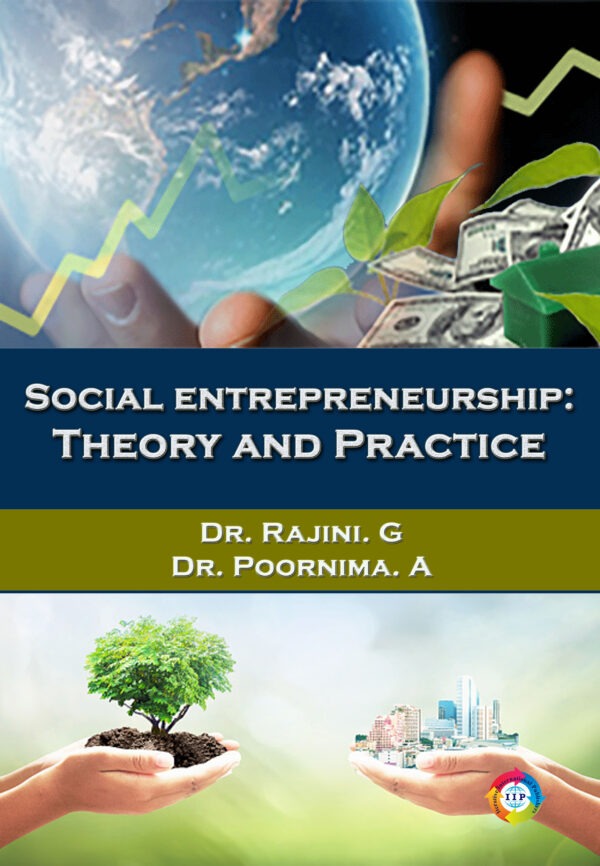Social Entrepreneurship is a complex art of pursuing a business to achieve financial as well as social returns on investment using innovative approaches and the entrepreneurs who work with the aforesaid ideology are social entrepreneurs. The purpose of the book is to discuss how the personality of social entrepreneurs with a social vision resorting to social innovation with network support intending to reach sustainable development and also how the vision to social enterprise start-up intention influenced by personality and innovation of students studying in Indian Higher Educational Institutions. Mixed-Method was the research design adopted. The book narrates the possible paths to achieve sustainable development with the help of interview data collected by purposive sampling from social entrepreneurs in Tamil Nadu. Fuzzy set Qualitative Comparative Analysis was applied to data obtained to understand all possible ways to achieve sustainable development which reveals the presence of an increased level of social vision and increased level of social innovation. The other combination found was increased level of social innovation and an increased level of network and an increased level of personality. Social innovation is found to be the necessary condition to reach sustainable development. This book emphasizes the need to have training to be given to communicate the vision of Social Entrepreneurs operating in rural locations. To make social entrepreneurs in rural locations more innovative training to be given on novel idea generation, to choose effective solutions, to better use of assets and resources, to include pro-sumption and co-production concepts in enhancing society’s capacity. Awareness about income generation activities could be given.
Among the ED Cell student members, there is a predictive relationship between social innovation and variables such as, social vision, personality traits, network and social entrepreneurship intention and so do with social vision and network. The most discriminating variables of Gender are personality traits and social entrepreneurship intention. Factor Analysis is applied to data to reduce the scale which gave 4 new factors and were named Innovative Ecosystem, Self-Awareness, Social Intelligence, Informal network, and the 2 other variables were social vision, social entrepreneurship intention. When the factors were subjected to Structural Equation Modeling it was found that Innovative Ecosystem, Self-awareness, and social vision have a positive influence on Social Entrepreneurship Intention. This book discusses about a new dialogue on the importance of providing innovative ecosystem to students to encourage participation in social entrepreneurship which could address the unemployment problem and path to sustainable development.









Reviews
There are no reviews yet.